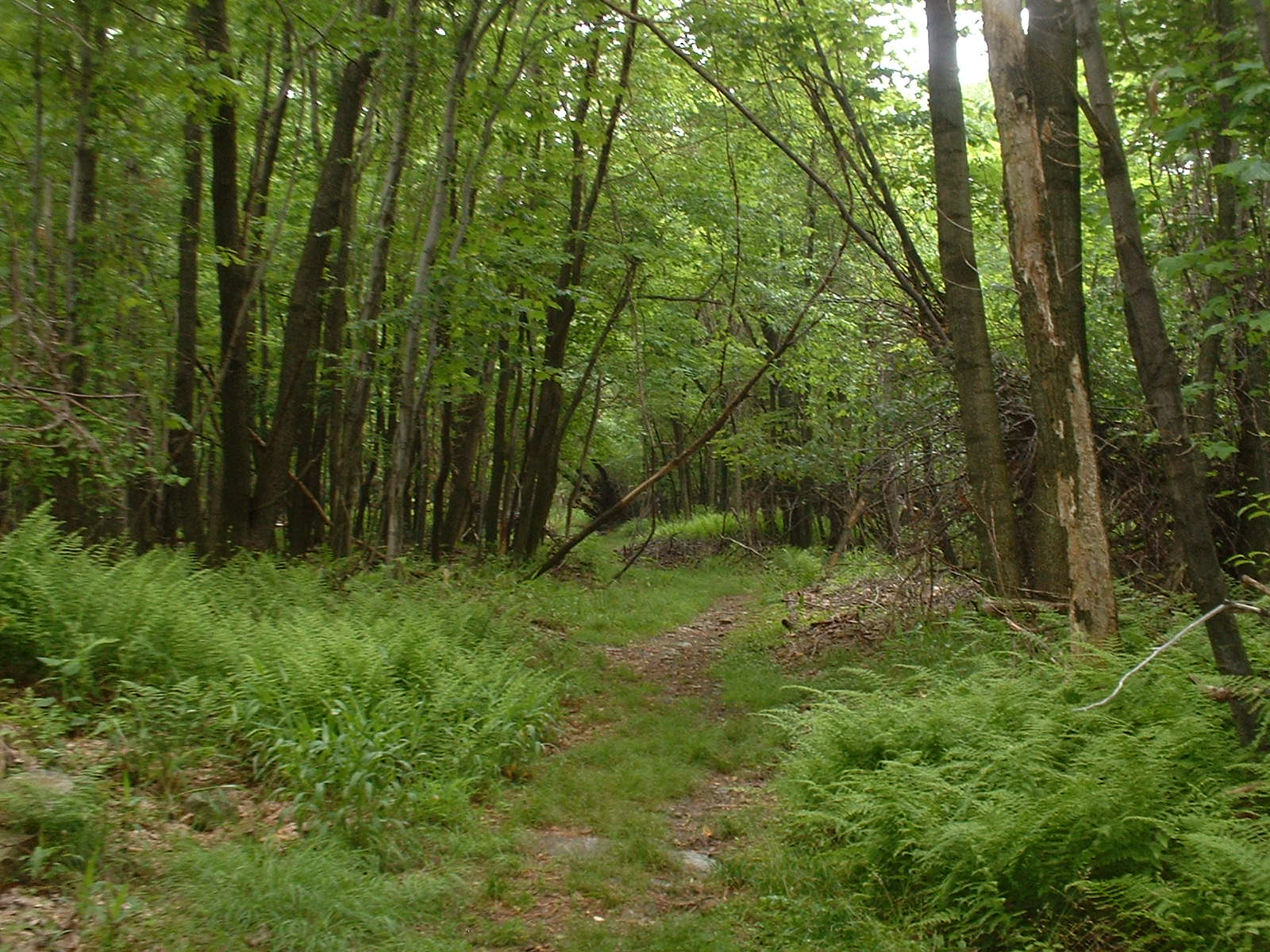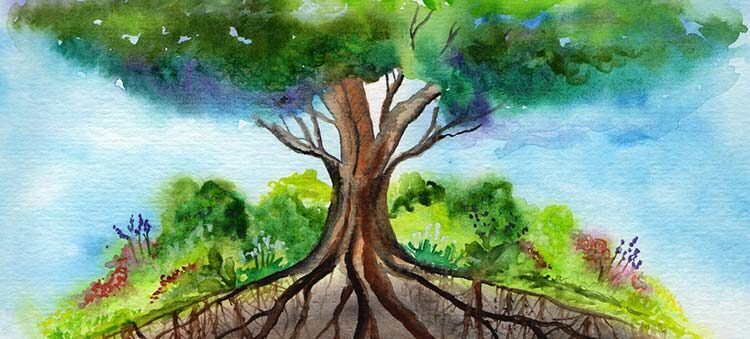Are there limits on what can be sold in our world?

- A life?
- A habitat?
- A community?
- A forest?
- An ecosystem?
- A home?
- The rivers?
- The oceans?
- A sacred site?
- Clean air?
Unfortunately, in our culture everything is for sale–including all of what I have listed above. Capitalism, in its current iteration, is one of the most–if not the most–destructive forces on the planet. It creates a system where the drive to gain more money drives all decision making. This system operates on a single variable–that of economics. In our world, if it can’t be sold or bought, it doesn’t seem to have any value. We measure our success based on that single variable: wealth (GDP, stock markets, etc.). And measuring our success, wealth, and general prosperity only in terms of dollars is an incredibly dangerous thing because it makes us forget other ways of valuing the world and communing with it; it makes us forget our humanity and the connection we have to the land. As a researcher, I know the danger of measuring any outcome on only one variable–it causes narrow-mindedness, oversimplification, and doesn’t often address other meaningful outcomes. And yet, this is what we do–measuring progress by the dollars in the bank, the coins in our pockets.
An example of this “everything for sale” mentality is painfully evident this week, as the Pe’ Sla, sacred land of the Lakota, Nakota, and Dakota peoples, is being auctioned off by private owners (after, consequently, being stolen centuries before). South Dakota has also indicated their plans to put a road through the sacred site to encourage “development” (although I might use the term “destruction” here instead). The sacred site is not sacred to the owners, and rather than respect a tradition that stretches back for centuries, if not millennia, in a few short years this site may be gone forever.
We can also see this capitalistic shift in the increasing emphasis in the current US election and recent political pushes for “privatization,” where a group interested in making money takes ownership of public resources (water, lands, roadways, etc). Certain pro-business groups spin this as a good thing, but I have a hard time understanding how a for-profit company can do a better job than a non-profit government entity, whose goals are (hopefully) for the public good.
In both of the above situations, something that should never have a prince tag gains one, and we all lose in the end. In the drive for profits, we lose rainforests, lands, waterways. At this stage though, the loss is more significant than that–we are also losing whole species. Who can put a price on the existence of a species? This system is entirely unbalanced, where the needs of the corporation come above the needs of non-human and human persons alike.
I’m not saying all capitalism is bad. In fact, at the local level, capitalism is empowering my own community to transition to more sustainable living through farmer’s markets and other innovative products and services. The key here, though, is balancing the need to turn a profit with other values that can’t be measured in dollars and cents. Local farmers growing food and raising livestock and selling it are doing so with a sense of respect for the land (including growing sustainably, organically, etc.) as well as a sense of ethics. Many such farmers I speak to at the market are new farmers, that is, they left an unsatisfying, disconnected career to get back to the land and get their hands in the dirt. Our market allows them to do that and make a living, while increasing our community’s resilience and giving those of us without growing space of our own more sustainable options. Likewise, my two friends who started a permaculture-based landscaping and design firm are doing so with the principles of educating the public and working to transition our community to more sustainable practices. On my campus, the student organic farmers sell their produce at a farm stand; this practice educates the campus community as much as it funds the farm. In each of the cases, capitalism and innovation are tied with some other purpose, something that transcends just making money for the sake of making money.
We are standing on the precipice of change–permanent, irrevocable change. On one hand, we have more farmer’s markets now than in the last 60 years. We are starting to see real serious public discussion about transitioning to sustainable practices. We still see mostly inaction on the part of our governments, but local and individual action is happening in our communities. On the other hand, we see more corporate money in our government and politics than ever before, we see massive deforestation and destruction for the purposes of financial gain, we are losing species left and right, and we have a banking system that has seriously lost its sense of ethics and obligation.
The future is what we make it–and each of us has the power to change our lives, our communities, and the larger system around us. Obviously, the ways that we must tackle this problem are many (including other topics I’ve covered in this blog). One of the single most important ways we can do this is by paying attention to where our own money flows–does it flow into the multinational corporation who funds tea party candidates? Or does it flow into the hands of a locally-owned, ethical business owner who is doing good in his or her community? With the unrestricted flow of campaign funds from corporations, keeping our own spending in check, and researching what we support with our dollars is just as important as the vote we cast.



Well said, we each have the power to change the world by changing ourselves. Our personal changes then act as a ripple of change into the world.
We each have the power to change the world by changing the world, and for those changes to be waves. The corporations did it (they did build this state of things, after all), so it would be nice to turn that particular tide by doing it ourselves. As always, I love the focus on the reality of small things.
Yeah, agreed. I think we can do it–there is power in numbers! The key is a shared vision, many streams of thought and action flowing into a stronger, swifter river!